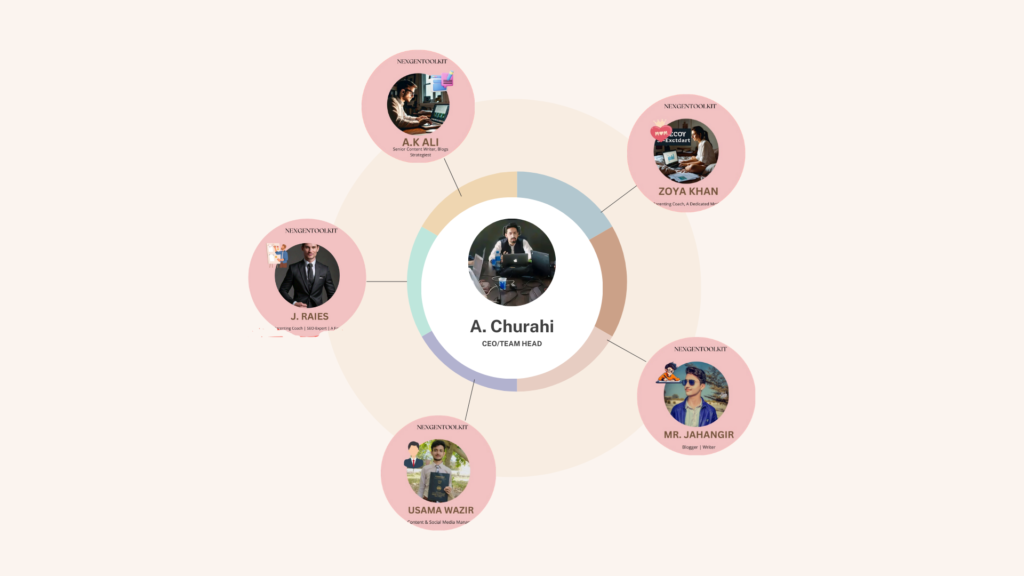Breastfeeding is one of the most fundamental parts of care that can be given to an infant as it supplies the baby with basic nutrients while at the same time promoting the bond between the mother and the child. In small children, diets are changed as they introduce solids and sometimes formula into their diet besides breast milk. At 8 months this transition needs to be done effectively to allow for the best feeding and continuing to breastfeed your child. This article provides an idea of an appropriate schedule for breastfeeding for 8 months with the introduction of solids and formula for the baby when appropriate.
You May Also Like This Names That Mean Spider

Risks of Not Breastfeeding at 8 Months
It is equally important for the infant at 8 months to be fed on breast milk. It remains instrumental in supplying the body with some immune essential antibodies, enzymes, nutrients, and substances that are imperative for growth and development. According to the WHO Global Strategy for Infant and Young Child Feeding, recommendations include breastfeeding for the first six months of life with the introduction of appropriate solid foods starting at six months; Breastfeeding should continue at least up to two years of age or beyond.
Transitioning to Solids
From about 6 months of age, babies start with soft foods and by 8 months, such foods form a considerable proportion of the infant’s meals. Solids are introduced to satisfy the baby’s growing nutritional needs and also to let him or her taste new textures. Bananas, pureed vegetables, and fruits, iron-fortified cereal, mashed or finely minced foods are recommended for a baby as he/she progresses in achieving chewing abilities.
Feeding Schedule At Eight Months for a Breastfed Baby
- Morning Breastfeed: For women, it is advised that there must be breastfeeding upon waking up in the morning. This session remains equally useful for providing necessary nutrients and coziness in the morning.
- Mid-Morning Snack: Introduce mashed fruit and vegetables as a small portion in addition to breast milk or baby formula.
- Lunch: Feeding should be done before and/or after the combination of solids. Carefully allow your baby to nibble on more foods and also diversify the types of foods as and when the baby’s appetite comes in.
- Afternoon Breastfeed: Hadleigh breastfeeding session in the afternoon helps to feed him during the day meeting his hydration and nutritional requirements.
- Afternoon Snack: Wait for approximately half an hour and then offer another small portion of solids, such as yogurt, or soft cooked vegetables, mixed with breast milk or formula.
- Dinner: Breastfeeding before or after solids, including a variety of foods, guarantees that the child has a balanced diet.
- Bedtime Breastfeed: Breastfeeding is the last thing at night to remind the baby, and the parents, that the baby is greeted in the morning with breastfeeding.

Incorporating Formula
It is important for some mothers to either decide to or have to top up breastfeeding with the help of formula. The formula contains the right nutrition which makes it useful in the place of breast milk to sustain the necessary food.
Here’s how to incorporate formula into an 8-month-old feeding schedule:
- Replace Breastfeeds Gradually: If moving to another formula, substitute one feed with the new formula while the other, lets your milk production settle slowly.
- Formula Feeding Schedule: In terms of hunger and fullness of the baby, feed him/her formula at a certain time other than solids to be sufficiently nourished during the day.
- Consultation with Pediatrician: When considering the formula to feed your baby always seek medical advice from your pediatrician to ensure it meets your baby’s nutritional needs and any issues arising.
Breastfeeding advice at 8 Months
- Maintain Hydration: Besides solids, give water in a sippy cup to your child for him/her to drink as this is vital especially when the weather is hot.
- Responsive Feeding: Hunger signs may include such motions as rooting and sucking motions, and whenever they appear, ensure that you feed the baby with breast milk, formula, or solids.
- Variety of Foods: Include a range of healthy foods that will help widen your baby’s diet and feed her/him a proper meal.
- Comfort and Bonding: Breastfeeding at 8 months remains useful in providing comfort and close contact which is well for your baby’s emotional health.
- Monitor Growth: Parents should take their baby for frequent check-ups to the pediatrician in order to assess if the baby is well fed or not.
Challenges and Solutions
- Breastfeeding Challenges: Sometimes babies have their preferences for either breast milk or refuse to latch on properly as they concern themselves with solids. Thus, it is recommended that women should not get easily discouraged from breastfeeding their babies since perseverance can enhance the continuation of the breastfeeds and improve the relationship between the infant and the mother.

Conclusion
The question of breastfeeding at 8 months is stimulating due to the change in meals from breast milk and possibly the introduction of solids and or formula. Regardless of whether or not the mother is solely breastfeeding, partially breastfeeding and providing formula feedings, or introducing the baby to solids, the most important thing is to give the baby the best health during this growth and development period.
Explore This All About Inside Your Mom










